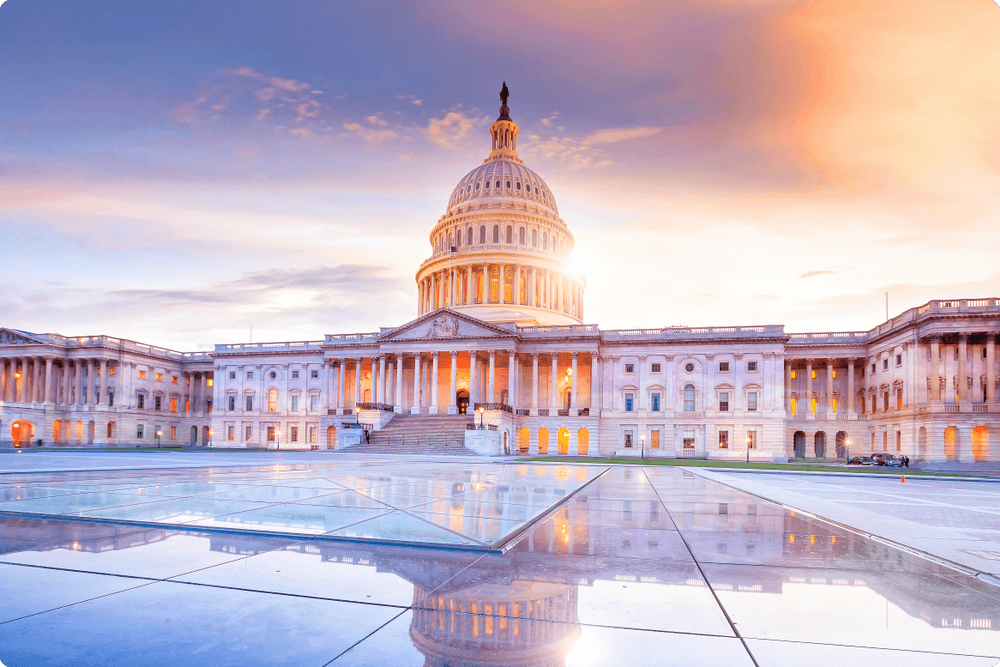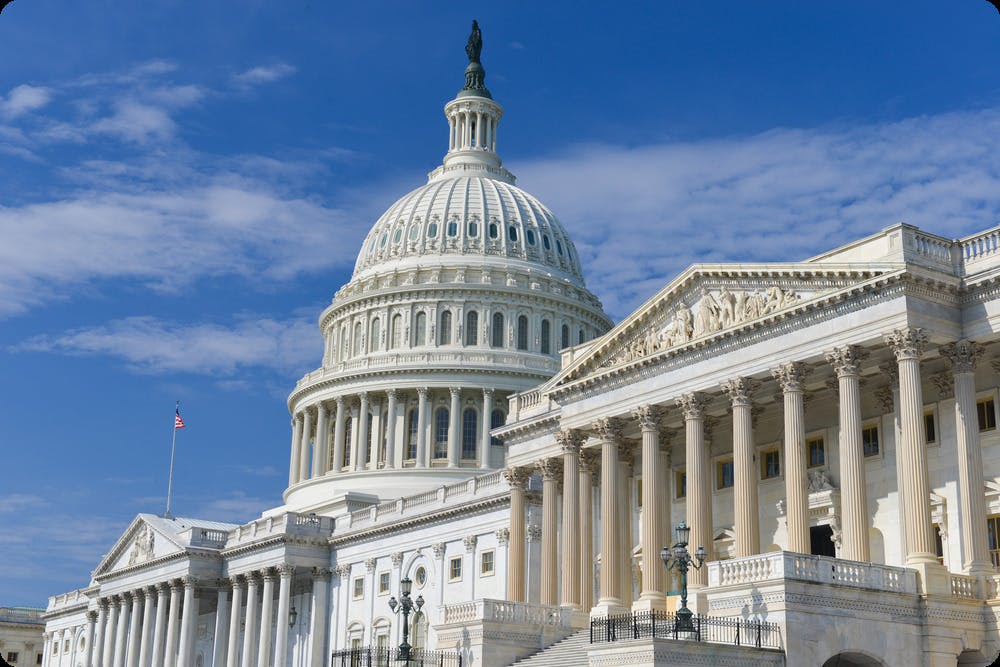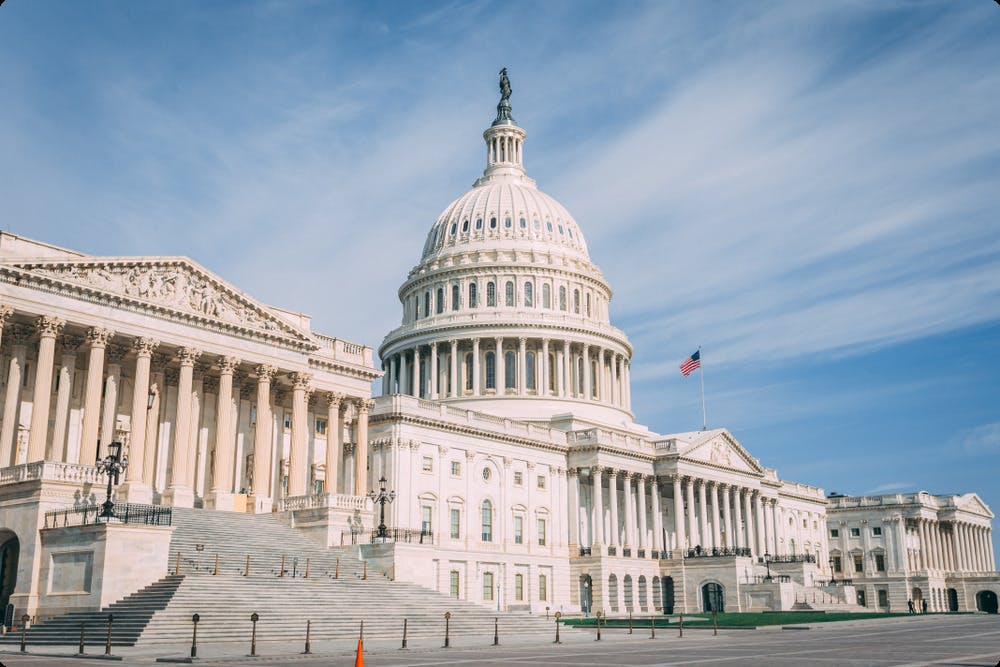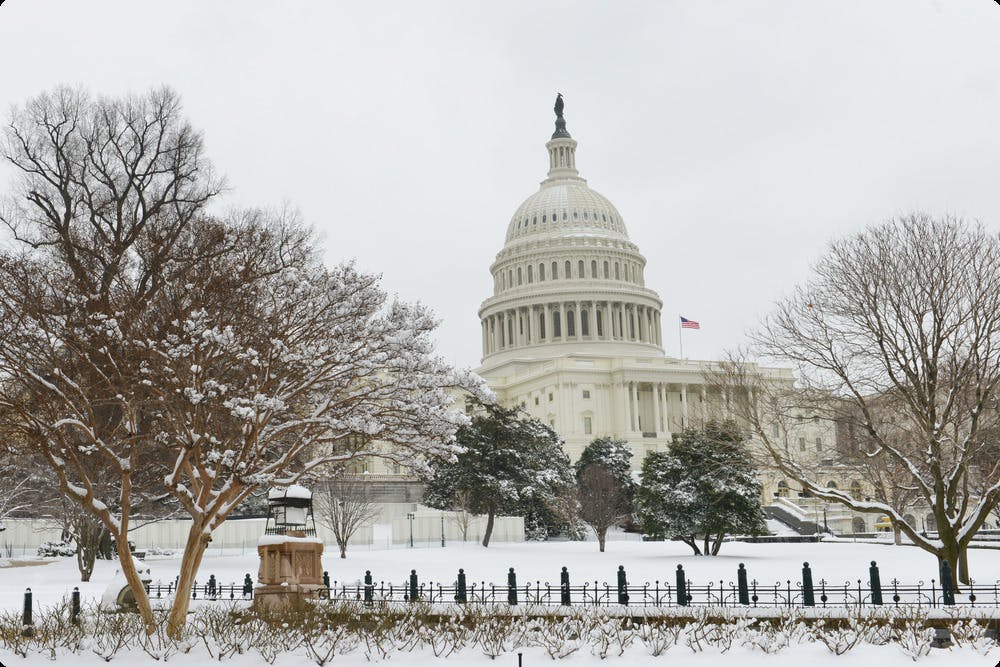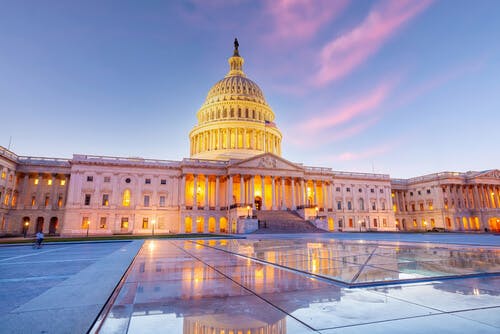IIUSA held a panel at its annual event to discuss the Regional Center Program’s potential reauthorization. An “industry consensus text” has been delivered to Capitol Hill; the text includes integrity measures, TEA definitions, minimum investment amounts, grandfathering, set-asides for rural and “true” urban distressed areas, and visa relief in terms of derivatives and/or parole. IIUSA hopes that some form of the text will be attached to an appropriations bill on December 3rd.The EB-5 industry was hopeful that the Grassley/Leahy EB-5 Reform and Integrity Act of 2021 would pass in June of this year. It did not. And the Regional Center Program lapsed. Hopes for reauthorization then shifted to the beginning of the fiscal year, October 1. That came and went with no reauthorization for the program.Now December 3rd is the date that industry insiders connected with Capitol Hill are hoping will deliver Regional Center Program reauthorization. While there is confidence that at some point legislation will be passed, there were also admissions that it’s possible that the timing for this gets pushed forward once again. There is also speculation on just what reauthorization, if and when it happens, could look like. Perhaps the most appropriate comment was this question implying anything is possible: “Where’s my crystal ball?”So while there exists an industry-consensus bill, there doesn’t seem to be consensus on what exactly will happen to the program.Before looking at the facts of where we are now, let’s highlight the recent efforts to reauthorize the Regional Center Program.
Summer 2020: IIUSA joins Grassley ||abc|| Leahy to negotiate reforms
IIUSA, the EB-5 program’s not-for-profit national association, was invited to the offices of Grassley and Leahy to negotiate integrity reforms. The group worked together to produce a five-year reauthorization bill with intense focus on integrity measures — but also, notably, not addressing any other major issues like visa relief.The result was bill S. 831. Its strength was a five-year reauthorization and much-needed integrity measures. Its weakness was said to be what was missing from the bill — other industry measures like more visas. Still, many industry leaders believed that a long-term extension needed to come before any other major program changes.
December 2020: decoupling
For the first time ever, the Regional Center Program was decoupled from a spending-bill cycle that runs through till September 30, the end of each fiscal year. Now, the Regional Center Program was on its own and only authorized through June 30, 2021.
Spring 2021: Integrity Bill introduced
The EB-5 Reform and Integrity Act of 2021, Senate bill 831, was introduced by Senators Grassley and Leahy March 18, 2021; the companion House bill 2901 was introduced April 28, 2021. This was the first time an EB-5 bill had identical legislation in both the Senate and the House. Bipartisan support existed for both bills.
June 2021: S. 831 voted down — and the program lapsed
An attempt to pass Senate bill 831 by unanimous consent failed due to the lone objection of Senator Lindsey Graham. The EB-5 Regional Center Program expired June 30th, 2021.
What did the expiry mean?
At the IIUSA 2021 Virtual Industry Forum, IIUSA President Robert Kraft spoke candidly about expiry: “It wasn’t good. It certainly sent shockwaves through the industry. And all of us in the industry worked so hard to to get a program in place to address the concerns of Senators Grassley and Leahy — we were very disappointed. We thought we were right there.”Kraft cited a lack of consensus in the industry at the time as the reason for failure last June. Still, after the initial shock, IIUSA recommitted to getting the program reauthorized. “It’s been a tough many months here but I think we’re going to end up in a good place,” Kraft said.
What happened to the 2 Grassley/Leahy bills?
They are still there. What happens to those bills depends on what happens in any future legislative efforts with the budget process. Co-sponsors have been recently added. There still remains support for the legislation.
What’s going on with the integrity measures in the new consensus text?
George McElwee, a Capital Hill lobbyist working with IIUSA, had this to say about the Grassley and Leahy integrity measures and the new industry-consensus text: “They are there. A lot of what was in S.831 on the integrity measures side has been included.” It will be interesting to see if “a lot” of the measures Grassley and Leahy demanded for the program will be enough to appease the veteran senators, or if any omissions will rankle them.
Grandfathering
IIUSA Director Rush Deacon commented on the issue of grandfathering, a provision in the industry-consensus bill. Grandfathering would allow investors who have not yet received adjudication to still be eligible for processing during a program lapse, under the rules in effect when they filed their petition.“We don’t want to be in the situation we’re in now,” said Deacon, “where sunset leaves tens of thousands of investors in the lurch and wondering what’s going to happen.”IIUSA believes there is no opposition to the grandfathering provision.
What comes next in winter 2021?
December 3, 2021, is the date an appropriations bill is expected to be signed. And that’s the legislation that the IIUSA team and others hope can serve as a vehicle for EB-5 regional center reauthorization.McElwee explained the possible scenarios that may unfold: “The federal government is operating on a budget that will expire December 3. Congress then needs to do a continuing resolution or pass what could be an omnibus bill to fund the government for the rest of the fiscal year. That’s what we’re working toward.”It was also mentioned that if the government can’t get something done on the 3rd, there might be a shorter clean extension to December 17. But this is speculation. What is known is that that the government will run out of funding on December 3 and it needs to act.Offering a contrary view, an investor group, the American Immigrant Investor Alliance (AIIA), has published a newsletter saying a December 3rd program extension is not going to happen and they are confident that reauthorization will only happen in March or April. Kraft responded to this and declared, “They’re not close enough to the process. I just think they’re wrong on that.” Regarding the investor group statement, McElwee was less definite: “If something happens and something gets pushed, that may happen — yes, because we’ve seen it before — but that does not say that we should not be focusing on a December 3rd opportunity.”
What role will Grassley ||abc|| Leahy have with the industry-consensus text?
IIUSA Secretary-Treasurer Stephen Strnisha gave this comment about the two senators most involved with EB-5: “It’s very important to get them comfortable, obviously. The bill that they wanted back in June did not go forward. Progress seems to be made with convincing them that integrity measures they felt would be very important would be in this bill.” What was not analyzed at the IIUSA forum was whether Grassley in particular, as a senator from Iowa, will be resistant to new text that has been at least partially drafted to serve big developer interests. Grassley has long objected to special interests in EB-5 taking capital that should be going to rural and needy areas.Strnisha was cautiously optimistic that Grassley and Leahy will support the new text. “Even though they obviously have some very strong views about what kind of program [they want to see], they’re going to have to be part of the process, in the final negotiations on some of the details. So far, their engagement seems to be positive.”IIUSA Executive Director Aaron Grau spoke more boldly on Grassley and Leahy: “Those two offices have put in a lot of man hours into the development of a reauthorization effort. I don’t see them walking, at this point.”
What might possibly be in a reauthorization bill?
Clearly, any speculation as to what may make it in a final reauthorization bill is exactly that. With that caveat, here’s a list of possible measures that the industry is hoping will be included:1. Long-term reauthorization of five to 10 years (industry text has 10 years as opposed to the Grassley/Leahy Integrity Act which includes a five-year extension)2. Integrity measures3. TEA definitions4. Minimum investment amounts5. Grandfathering6. Set-asides for rural and “true” urban distressed areas7. Visa relief, i.e. derivatives and/or paroleRegarding TEA provisions and minimum investment amounts Deacon says these are still being addressed behind closed doors and did not offer exact numbers though it’s clear that the industry doesn’t want to see a return of the Modernization Act’s $1,000,000 minimum amount which chilled the market.As for relief, it was also admitted that there likely won’t be extra visas — but either not counting derivative family members towards the yearly quota or parole are two strategies that would be a “tremendous win” for the industry.In summary, Deacon had this to say about the list of possible provisions: “All seven of those are part of the reauthorization bill marked up by the House Judiciary Committee and passed to others. The first four or five are givens. The last two, we’ll just have to see. It’s politically challenging but we all hope that that can get in there.”It’s worth noting that the Grassley and Leahy Integrity Act was limited to an extension and integrity measures. So assuming that the two senators will be willing to allow adjustments to TEA provisions and the minimum investment amount might be considered hopeful speculation.
Will any disappointed industry stakeholders try to block passage?
Could someone object to the industry-consensus bill? President Kraft, admitted this was a possibility but he also noted that unlike the unanimous consent attempt, this is “totally different” as it will be attached to a spending bill. Even if there are senators and representatives who don’t support it, such opposition will not stop it, according to the IIUSA president.Strnisha said that while an objection to the text could happen, the expiry has gone on too long to prevent consensus: “The dynamics now really make it a very desperate situation to get this done now because everybody’s affected by the program not being reauthorized.”
Summary: Reauthorization is up to Congress
Grau was confident that industry stakeholders are finally aligned and pointed to Congress as the next step: “What happens now is clearly up to the Senate offices and their ability to work together with the industry and with the House offices to make final determinations on policy.”While some may be circling December 3rd on their calendars, we’ve seen other dates tied to reauthorization come — and go. A better strategy might be to look deep into your crystal ball, because right now Regional Center Program reauthorization has more questions than answers.Watch the IIUSA panel "EB-5 Legislative Updates: Where We Are and Where We're Going - IIUSA 2021 Virtual Industry Forum"
